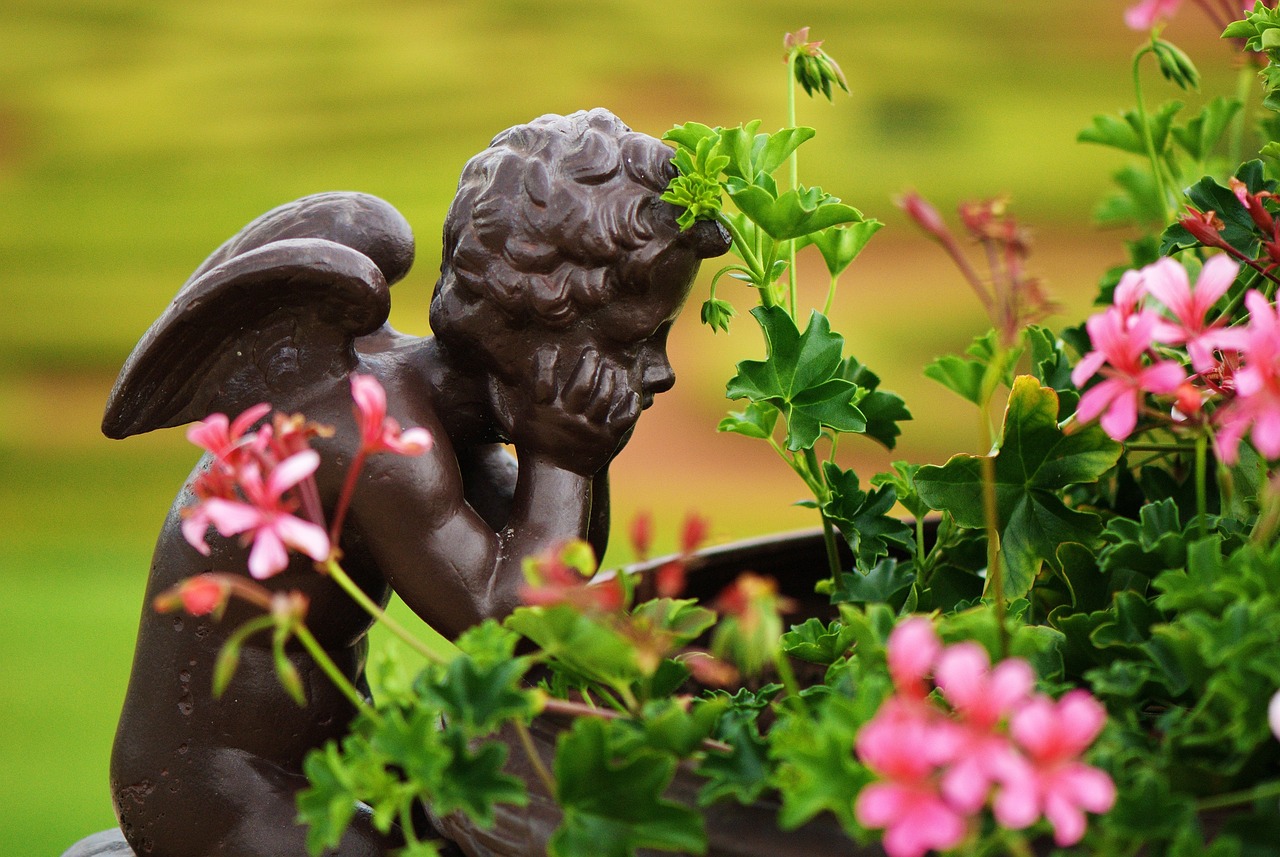Bragi: The Poet of the Æsir
Bragi stands as the revered skaldic poet among the Æsir, with his name translating directly to “poet.” It likely originates from the Old Norse term for poetry, bragr. As the son of Óðin and presumably the giantess Gunnlöð, Bragi is also known for his marriage to the goddess Iðunn. Recognition of Bragi is found within Snorri’s Prose Edda, the Poetic Edda, various listings of Óðin’s offspring, and works such as Eiríksmál, alongside other skaldic poems.
Several skalds bear his name, including Bragi Boddason, Bragi son of Hálfdan the Old, and Bragi Högnason, which aligns with the Norman tradition of poets being celebrated through name. Despite the limited number of stories centered on Bragi, his legacy predominantly revolves around his role as the original poet, a muse for skaldic artistry, and the spouse of the enchanting goddess representing youth and vitality.
In the Lokasenna, one notable occurrence is when Loki derides Bragi, labeling him the most cowardly of deities, less inclined to engage in combat. Loki further accuses Iðunn of marrying the slayer of her brother, implying that Bragi might bear some responsibility for her brother’s demise—narratives that seem to have faded from the historical record.
Another key moment in the Lokasenna features Frigg, who declares that if she had a son as valiant as Baldr at the banquet, Loki would receive a significant reprimand. This statement is often cited to bolster the claim that Bragi is the offspring of Gunnlöð rather than Frigg, as the latter would be disparaging her own child in front of the gods.
Snorri delineates Bragi as follows: “One is called Bragi: he is renowned for wisdom, and most of all for fluency of speech and skill with words. He knows most of skaldship, and after him skaldship is called bragr, and from his name that one is called bragr-man or bragr-woman, who possesses eloquence surpassing others, of women or of men.”
Reflections on Bragi
While Bragi is celebrated for his mastery of poetry and serves as the muse for skalds, much of the lore surrounding him tends to focus on perceived flaws, particularly his courage and combative capabilities. However, a closer examination of the skalds during the Viking Age reveals that their role was not to participate in battles. Instead, skalds were integral to the courts of chieftains and later, kings, where they motivated an audience through narratives of valorous heroes, divine antics, and the admirable feats of their leaders. They acted as the Old Norse’s equivalent to modern-day motivational bands, propaganda creators, and public relations representatives.
It would indeed be illogical for a skilled skald to risk their life in the chaos of battle—who would then recount the tales of bravery of those fighting and exalt the strategic prowess of noble leaders? This contrasts sharply with the Celtic tradition across Europe, where the bardic deity Ogma was both a celebrated warrior and a source of motivation for troops, stirring them with passionate recitals before engaging in combat.
In addition to honoring their chieftains through verse, skalds held the respected position of welcoming high-profile visitors and serving as messengers to influential leaders. Possessing the art of eloquence, they were ideal candidates for diplomatic endeavors, placing them at the forefront of news dissemination in an era pre-dating newspapers and social media platforms.
In Norse mythology, Bragi embodies the archetype of the wise elder to Iðunn’s youthful spirit, balancing the dynamic with his more grounded, leisurely demeanor. As a winter deity, Bragi represents the restful period following arduous harvests, allowing communities to gather around fires during the long, cold months.
During these quieter winter months, having a skald available to entertain would be invaluable within any longhouse. Communicators, poets, and storytellers were held in high esteem in societies that relied on oral traditions. Given the strict structure and inventive nature required for skaldic poetry, it’s clear that these poets earned a place of honor and significance throughout history.
Symbols and Connections
Bragi is often associated with harps and traditional instruments emblematic of bardic traditions, long beards, and the essence of storytelling through varying legends and poetic forms, including the Eddas. He embodies symbols of comfort, luxury, and cozy winter gatherings around hearths, prominently featuring in concerts, theatrical performances, and cultural displays.
Related Names
Bragr, Brego.



